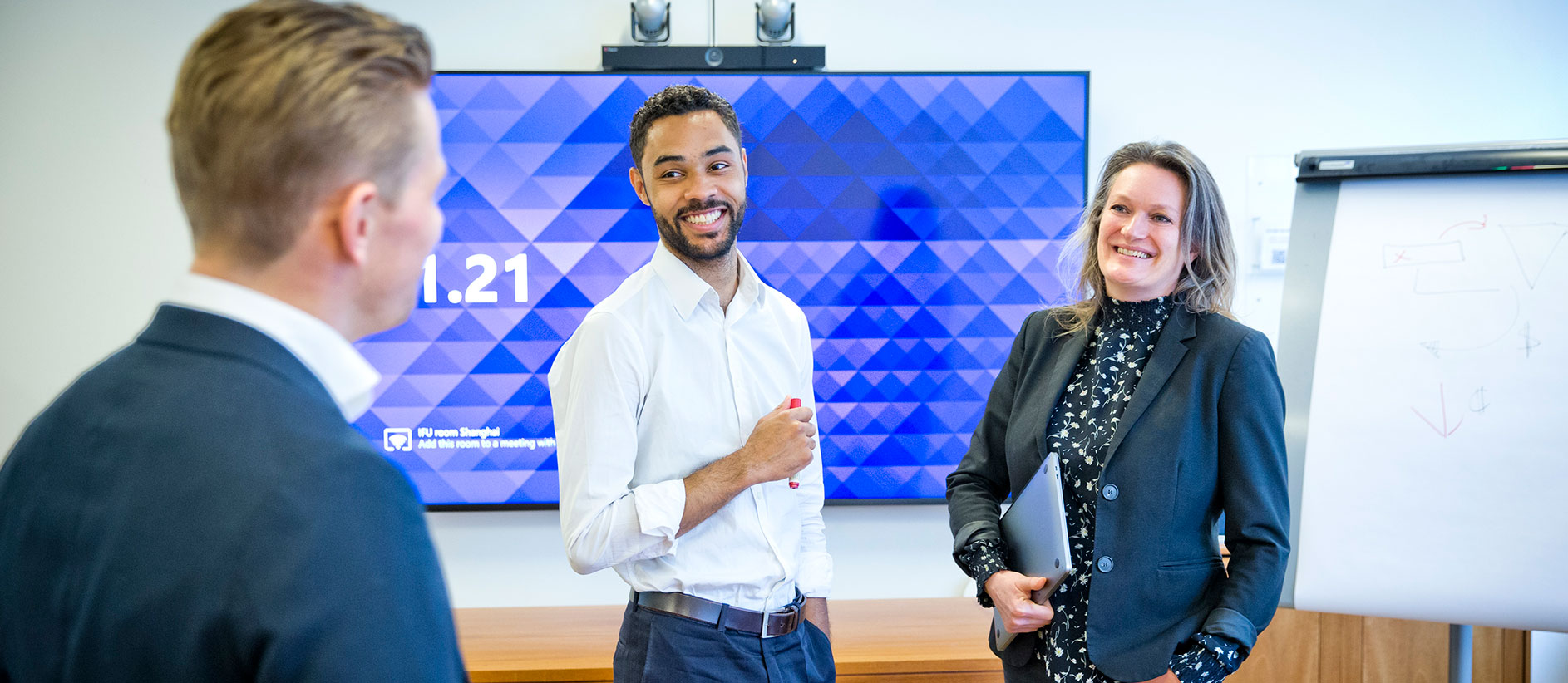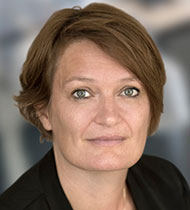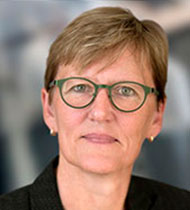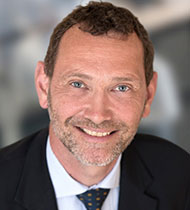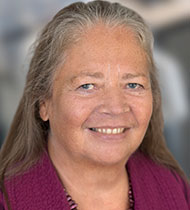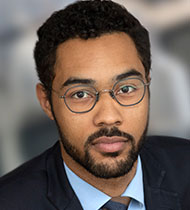ABOUT DSIF
Danida Sustainable Infrastructure Finance (DSIF) is the primary Danish aid delivery mechanism for large scale infrastructure projects in developing countries. DSIF is a central part of the official development cooperation funded by Denmark’s Ministry of Foreign Affairs (Danida) and is administered by the Investment Fund for Developing Countries (IFU).
Well-functioning infrastructure is crucial for sustainable and inclusive economic and social development. This is also the case in developing countries where project development and capital availability are often constrained. Consequently, an important part of the Danish policy on development cooperation is to promote and support non-commercial infrastructure projects in low- and middle-income countries and fragile states.
Consequently, the purpose of DSIF is to provide access to finance for sustainable public infrastructure projects in emerging markets and developing economies that cannot be financed on market terms. By promoting sustainable infrastructure through the deployment of concessional capital and technical expertise, DSIF supports the UN 2030 Agenda and SDGs as well as Denmark’s strategy for development cooperation, The World We Share.
